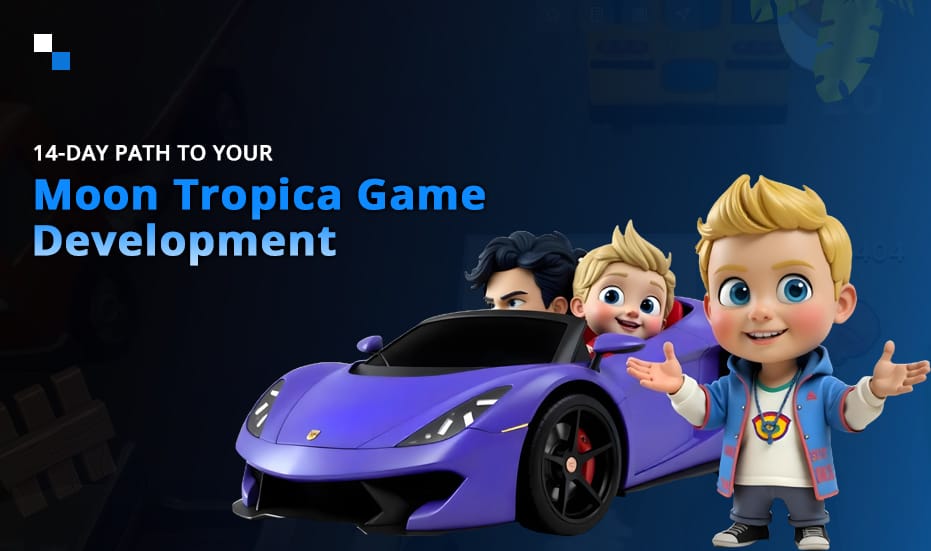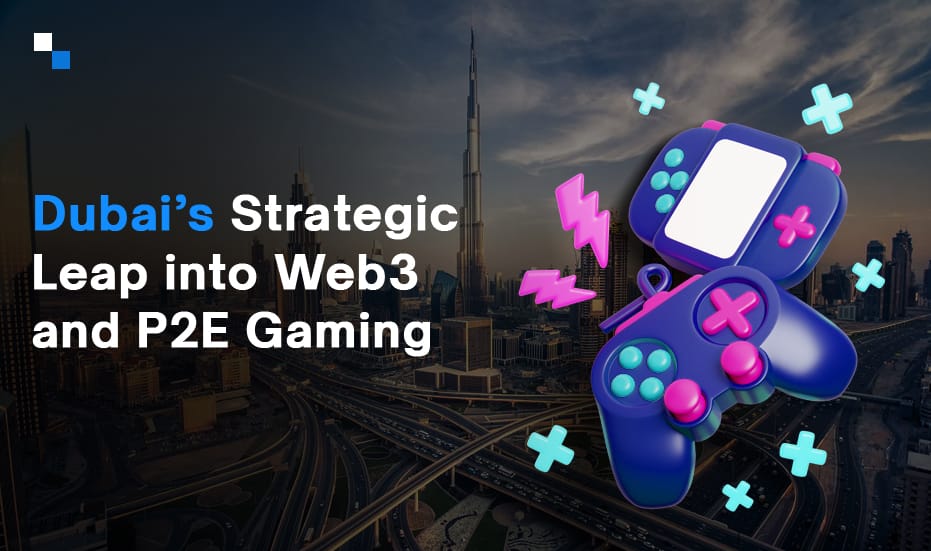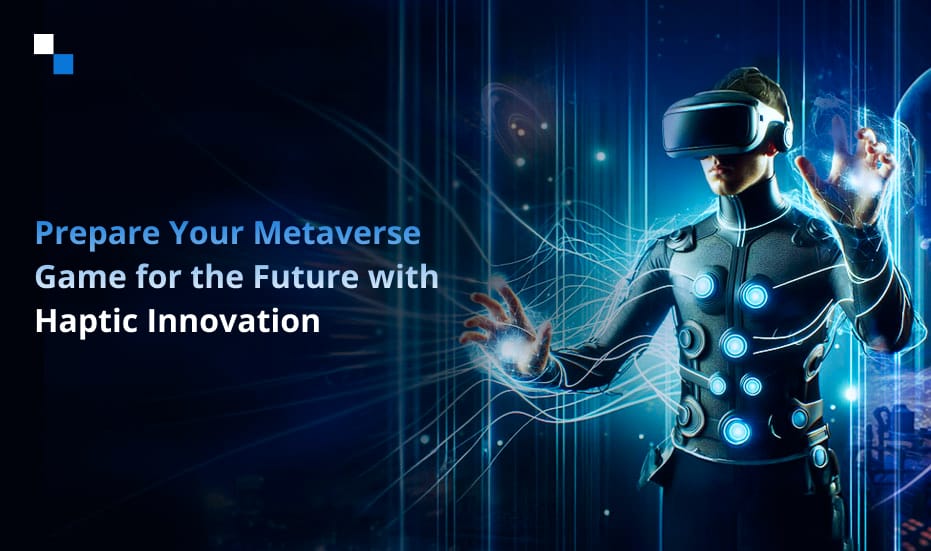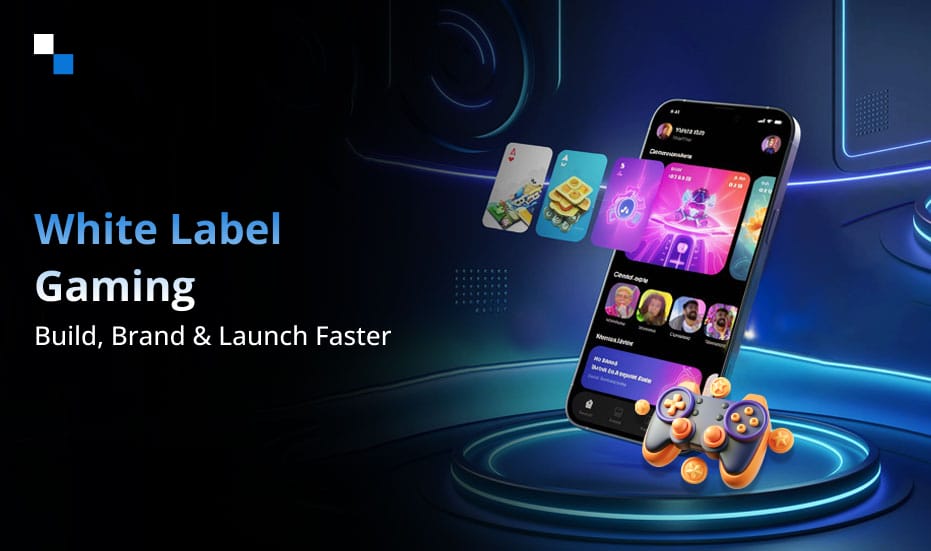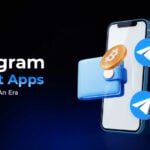
The Ultimate Guide to Telegram Crypto Wallet Development in 2025
December 25, 2024
How TPaaS is Enabling the Future of Real-World Asset Tokenization
December 26, 2024Web3 gaming and blockchain are converging to build the foundation of a new era in the digital economy. This convergence gives rise to a new breed of blockchain games like Moon Tropica that seamlessly integrates decentralized principles, offering unique opportunities for players and developers. This highlights blockchain’s transformative impact on gaming, revolutionizing business strategies, redefining revenue generation, and granting players ownership in digital environments.
You might think that developing a blockchain game, particularly one with the level of sophistication seen in Moon Tropica, would be a daunting and time-consuming endeavor. However, this guide will demonstrate that it’s entirely possible to launch your own blockchain-powered game in a remarkably short timeframe – just two weeks!
Before we start, let’s look at what Moon Tropica is all about.
What is Moon Tropica?
Moon Tropica is a fast-paced battle arena blockchain game set in a vibrant tropical world. Players explore dynamic islands, complete evolving quests, solve puzzles, and conquer dungeons in PvP and cooperative modes. Drawing from real-world crypto trends, this blockchain game development masterpiece immerses players in a captivating story filled with dynamic challenges and ongoing rewards. Players can acquire unique assets and fashionables, earning esteem among their peers. The game’s robust token ecosystem supports real-world earnings while stabilizing the in-game economy, ensuring a balanced and enriching experience.
Combining heart-pounding gameplay with real-world rewards, Moon Tropica offers an experience players can’t get enough of. What is driving its rapid rise to fame and capturing the attention of players around the globe each day? Is it the seamless integration of blockchain technology or the innovative rewards system that mirrors real-world crypto dynamics? The evolving challenges and boundless progression in the gameplay could be what continually draws players in. Whatever the secret, Moon Tropica is making waves and becoming a standout title in blockchain game development.
Moon Tropica is just the beginning of what’s possible with blockchain in gaming. To truly understand how this game-changing technology operates, we’ll walk you through the key stages of blockchain game development.
Blockchain Game Development: A Step-by-Step Guide
Developing a captivating blockchain game can seem daunting, but with careful planning and a structured approach, it’s achievable within a surprisingly short timeframe. By following this step-by-step process, you’ll gain a solid foundation for building a successful blockchain game that empowers players and redefines the future of interactive entertainment.
Week 1: Foundation
Days 1-2: Concept & Design
1. Define Game Vision
- Establish a core theme and narrative (e.g., a tropical adventure similar to Moon Tropica).
- Plan out key mechanics like exploration, resource collection, and player progression.
- Identify what makes your game unique—elements like NFTs, play to earn, and player-driven economies.
2. Game Mechanics Blueprint
- Outline your gameplay loop, such as exploring, completing quests, collecting, and trading.
- Detail how players interact with your game’s blockchain features (e.g., token rewards, NFTs, staking mechanics).
Days 3-5: Blockchain Integration
1. Set Up Wallet Integration
- Choose a wallet solution (MetaMask for Ethereum, Phantom for Solana) for smooth player interactions.
2. Develop Smart Contracts
- Write an NFT smart contract using ERC-721 or ERC-1155 standards for minting assets.
- Create a token contract if your game includes a currency (e.g., ERC-20).
- Use Solidity (for Ethereum) or Rust (for Solana) and deploy the contracts on a testnet to begin testing.
3. Implement NFT Minting
- Ensure players can mint in-game assets (e.g., characters, weapons, property) as NFTs directly through the game.
Days 6-7: Core Gameplay & Backend
1. Develop Gameplay Features
- Start with basic game mechanics like character movement, interaction systems, and resource gathering.
- Use existing assets from asset marketplaces to speed up the development process.
2. Integrate Blockchain with Gameplay
- Connect game features (like resource rewards or items) to blockchain functionality using Moralis or Alchemy.
- Ensure wallet connections enable easy in-game purchases and NFT transfers.
Week 2: Refinement & Launch Preparation
Days 8-10: Enhancements
1. Polish UI/UX:
- Streamline the game interface for a smooth experience, ensuring wallet integration is simple.
2. Implement Multiplayer Features:
- Add multiplayer functionality (e.g., PvP or co-op) using tools like Photon or Unity’s Netcode.
Days 11-12: Testing & Iteration
1. Game Balance & Feedback
- Test gameplay mechanics and adjust based on feedback for fair, engaging progression.
2. Optimize Performance
- Ensure the game performs well across devices, minimizing transaction and load times.
Days 13-14: Launch & Growth
1. Mainnet Deployment
- Deploy tested smart contracts to the mainnet.
2. Marketing & Community
- Launch marketing campaign (trailer, social media, influencer outreach).
- Build a strong community (Discord, Telegram) with exclusive rewards.
Crafting a blockchain game unlocks an extraordinary chance to transform digital entertainment. For a blockchain game developer, this is a chance to play a key role in advancing blockchain technology while embracing innovative trends and fostering an engaged community.
However, for your game to truly succeed, it’s essential to focus on the features that fully tap into the potential of blockchain. Here are the top features you should consider integrating.

Top Features to Include in Your Blockchain Game
When creating a blockchain-based game, a blockchain game developer can significantly enhance the user experience and ensure its success by incorporating the right features. Here are some top features to include:
- Community Governance & Ownership: Allow players to have a say in key game decisions through a DAO. This fosters a sense of ownership and involvement in shaping the game’s future.
- Exclusive & Rare In-Game Assets: Use NFTs to create unique, valuable items that players truly own. These scarce assets add real worth to the game, driving excitement and engagement through collectible items.
- Seamless Multi-Platform Play: Make the game accessible on multiple devices—PC, mobile, tablet—ensuring players can enjoy a consistent experience no matter where they are or which platform they use.
- Immutable Game Rules & Fair Play: Store the game’s rules on blockchain, making them permanent and unchangeable. This guarantees fairness and transparency, ensuring developers can’t alter rules after launch.
- True Ownership of Digital Assets: Blockchain technology lets players fully own their in-game items. This means they can trade, sell, or keep assets securely, giving them true value inside and outside the game.
- Dynamic Player-Led Economy: Create a player-driven economy where users can create, buy, sell, or rent items, allowing players to drive the economy through trade and collaboration, making it an exciting feature to leverage in blockchain game development.
- Earn While You Play: Implement a P2E system that rewards players with real-world value. Whether through cryptocurrency or NFTs, players can earn rewards based on their in-game activities, providing a more rewarding gaming experience.
These features provide a dynamic and engaging experience, blending cutting-edge technology with player-driven innovation in the world of blockchain game development.
Conclusion
Blockchain is revolutionizing the gaming industry, unlocking unprecedented opportunities for players and a blockchain game developer. Games like Moon Tropica exemplify the potential of this synergy by combining captivating gameplay with real-world financial incentives. For investors, blockchain gaming offers a unique opportunity to participate in a rapidly growing market with tremendous potential.
The key to achieving such success lies in collaborating with an experienced blockchain game development company like Antier. Our experts have the skills to fuse entertainment with technology, ensuring your game meets the demand for innovation and financial rewards. Our developers help you navigate everything from designing immersive worlds to crafting complex economic models backed by blockchain.
Excited to build your blockchain-powered game? Contact us now and let’s create a world-class blockchain game together!
